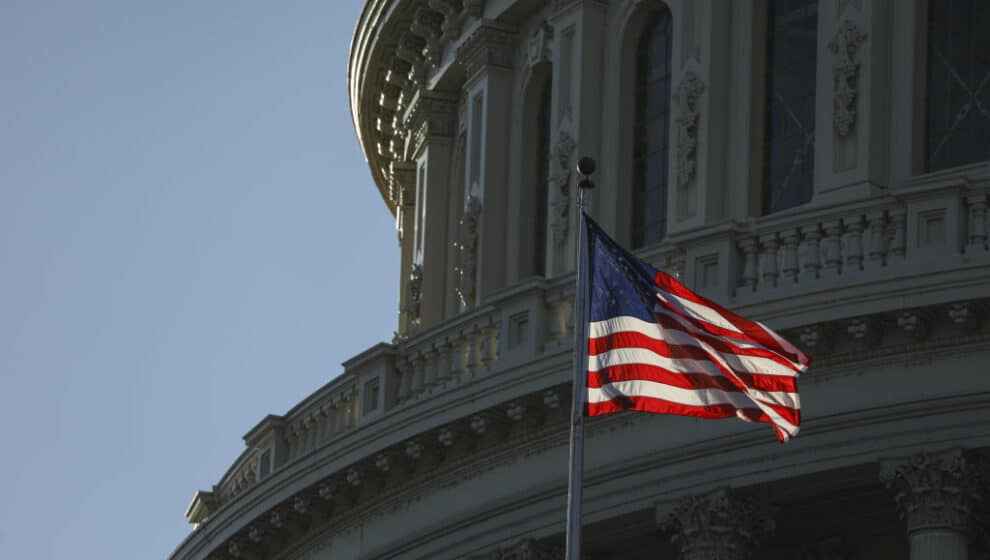New changes in retirement law could see some significant benefits to how much Americans save toward their future.
Key Details
- President Joe Biden has signed a $1.7-trillion spending bill passed by Congress on December 23. As part of it, the bipartisan supported retirement savings legislation Secure 2.0 Act will be signed into law. The act passed the House of Representatives on March 29 with broad support.
- Secure 2.0 provides numerous changes to retirement law, and provides multiple benefits to workers and retirees, including improvements to retirement savings accounts, improvements to 401K and 403K plans, lower the cost for employers, and helps people save more.
- The act signed 90 new provisions into law.
- Subsequent retirement legislation is already in the works as well, with the Retirement Savings for Americans Act of 2022 being sponsored by Representative Terri A. Sewell (D-AL) on December 8—which introduces the idea of a federal retirement plan for workers who don’t have employer provided plans.
Why it’s News
The U.S. has an underserved retirement system, with the average American holding far less in their retirement accounts than they should. Investment giant Vanguard estimates the median savings for an average American is $87,725 for those 65 and older. In a highly inflationary market, this will devalue savings over time, especially as unexpected expenses arise.
“Secure 2.0 will make it easier for millions of Americans to stash more cash in their workplace retirement plans. It will also help middle- and lower-income workers who may not be able to save much by providing them with a new benefit that amounts to a savings contribution—up to $1,000 per person. Finally, it will make it easier for part-time workers to enroll in an employer’s retirement plan by requiring plans to automatically enroll workers unless they opt-out,” says MarketWatch.
The bill will only affect some, particularly those who already do not have a retirement plan. But it will create new opportunities, notably for near-retirees. As Vanguard head of advice methodology Joel Dickson notes, “On the edges, [the changes] do present a lot of retirement-planning opportunities that near-retirees would want to be aware of.”
“Beginning January 1, 2025, individuals ages 60 through 63 will be allowed to make catch-up contributions to their workplace plan of up to $10,000—or 150% of the regular contribution, whichever is greater—and that amount will be indexed to inflation,” says CNBC.
IRAs will similarly be indexed to inflation and see yearly increases starting in 2024. Employer contributions will also be given the option of being designated as Roth contributions, which changes their tax requirements. The required distribution age will also be raised to 75 by 2033.
BACKING UP A BIT
Congressional leaders filed the main 4,155-page, $1.7-trillion bill Tuesday morning, December 20, expecting legislators to vote on it two days later, December 22. These saving and retirement provisions were included in that bill, which the president ended up signing on December 23.
The bill boosts defense by $858 billion, bolsters police spending, provides $45 billion in Ukrainian aid and NATO funds, $41 billion in disaster relief, and increases funding to the CHIPS Act with an additional $1.8 billion.
It also bans the TikTok app on government devices, boosts inflation relief, and adjusts the electoral college procedure, preventing a Vice President from throwing out votes. It also aimed to support Title 42, which the Supreme Court upheld just days later.
“The Title 42 policy, first rolled out by the Trump administration as COVID-19 was starting to spread, is believed to have acted as a deterrent for some migrants seeking asylum because they could be turned back even if they asked for protection in the U.S.,” says The Journal.
